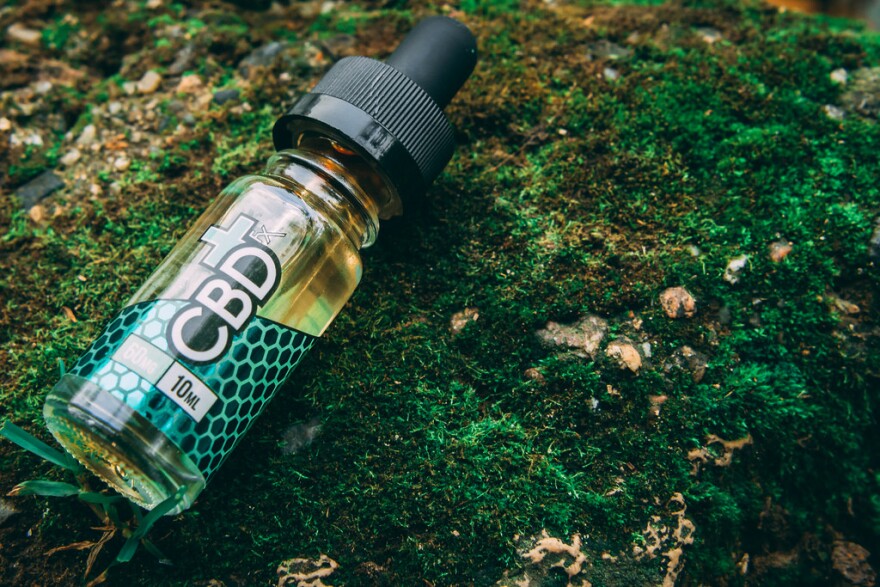Hawaii legislators on the House Agriculture Committee will consider several bills this week that would allow the commercial production of hemp and legalize the sale of hemp-derived products.
The cultivation of hemp was legalized by Congress in 2018, but the U.S. Department of Agriculture didn’t release federal guidelines until last October.
While large-scale production is currently underway in several states, Hawaii farmers are limited to small test plots of hemp under a 2016 pilot program.
Lawmakers have several issues to work out, including testing procedures for a strict limit on THC, the psychoactive chemical found in marijuana.
Although it can be used to manufacture a variety of products, including textile fabrics, rope, and a concrete substitute, hemp's most lucrative market is cannabidiol or CBD.
The popularity of CBD oil has exploded in the last year, and it can now be found in dozens of products, claiming a variety of health benefits.
None of those products have been reviewed by the Food and Drug Administration, and the sale of CBD-infused goods is still illegal under state and federal law.
While the production of hemp was legalized in the 2018 Farm Bill, that law made no change to the legal status of processed CBD products, which fall under the purview of the U.S. Food and Drug Administration.
With the exception of an anti-seizure medication, none of the pills, balms, oils, and food products have been approved by the FDA, which says none of the claimed health benefits have been proven.
Since the only federally approved use for CBD is as a prescription medication, the compound is not cleared for use in cosmetics, dietary supplements, or food products. The Hawaii Department of Health says state law prohibits the manufacture, distribution, or sale of CBD products.
But more than a dozen other states have legalized some form of CBD, at least for limited purposes. The state Department of Health suspects most of the CBD products on Hawaii shelves have been sourced from those jurisdictions.
The rapid proliferation of unapproved goods containing CBD, which can now be commonly found in grocery stores and gas stations, has overwhelmed the ability of state food safety inspectors to respond, according to one health department official.
Lawmakers are now considering measures to both expand the agricultural production of hemp and regulate the manufacture and sale of hemp-derived CBD products.
Future rules from the Food and Drug Administration could render the patchwork of state laws obsolete, but that could be years away.
Regulators in Hawaii say, given the abundance of CBD products already available, some form of consumer protection is needed. The health department is now supporting state laws to regulate the manufacture and sale of CBD in Hawaii.
In testimony to lawmakers, State Health Director Bruce Anderson said his department would seek to regulate CBD as a dietary supplement.
The FDA generally does not evaluate dietary supplements for safety or effectiveness prior to marketing. According to the agency’s website, it can take action against a supplement product that presents an unreasonable risk to human health or has been misbranded.
Lawmakers in the House Agriculture Committee will take up the issue on Wednesday.



